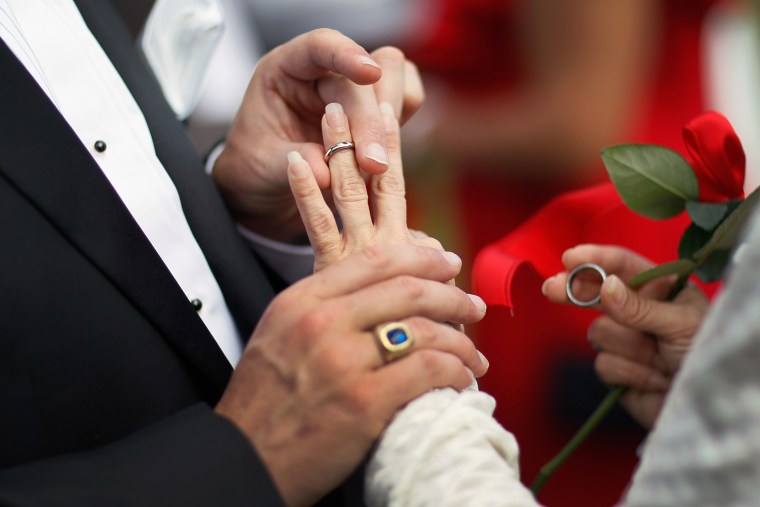It’s an age-old question in marriage — would you rather be happy or right?
Bruce Arroll of the University of Auckland in New Zealand tried to answer the question scientifically, but says the experiment went badly wrong.
“We thought everybody would be happily living ever after," says Arroll, a professor in the School of Population Health, whose findings are reported in the Christmas issue of BMJ, formerly the British Medical Journal.
They chose a married couple and “controlled” the experiment by arranging for the husband to change his behavior. “The intervention was for the male to agree with his wife’s every opinion and request without complaint. Even if he believed the female participant was wrong, the male was to bow and scrape,” Arroll’s team writes in BMJ.
“It was decided without consultation that the female participant would prefer to be right and the male, being somewhat passive, would prefer to be happy.”
Arroll admits that his team didn’t go into the experiment with a neutral attitude. “We thought that by agreeing, one partner with the other, that it would make them both happy," he told NBC News.
It was, Arroll says, a disaster.
“The data safety monitoring committee stopped the study because of severe adverse outcomes after 12 days,” the team writes.
The wife, who didn’t quite know what was going on, just got out of control, he says.
“Her behavior was just getting increasingly sort of demanding and sort of bossy, I guess would be the word, which became unbearable for the male participant,” he says.
After just 12 days, the the man’s quality of life score had plummeted from 7 out of 10 at the start to 3, while the wife wasn’t really much happier — her happiness score rose slightly from 8 to 8.5.
“We didn’t expect the adverse events,” says Arroll.
Arroll, who says he personally has been happily married for 39 years, refused to disclose who the study subjects were.
The outcome could be different if the husband were always allowed to be right, Arroll says, but he has no plans to replicate the experiment. “No, I guess we thought one of the hazards is divorce and one is homicide,” he says, only half joking.
Plus, he’s achieved his goal — getting published in the Christmas BMJ, a firmly tongue-in-cheek issue. “I couldn’t retire until I had done it,” he says. “It’s actually extremely difficult to get into.”
